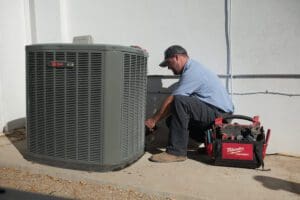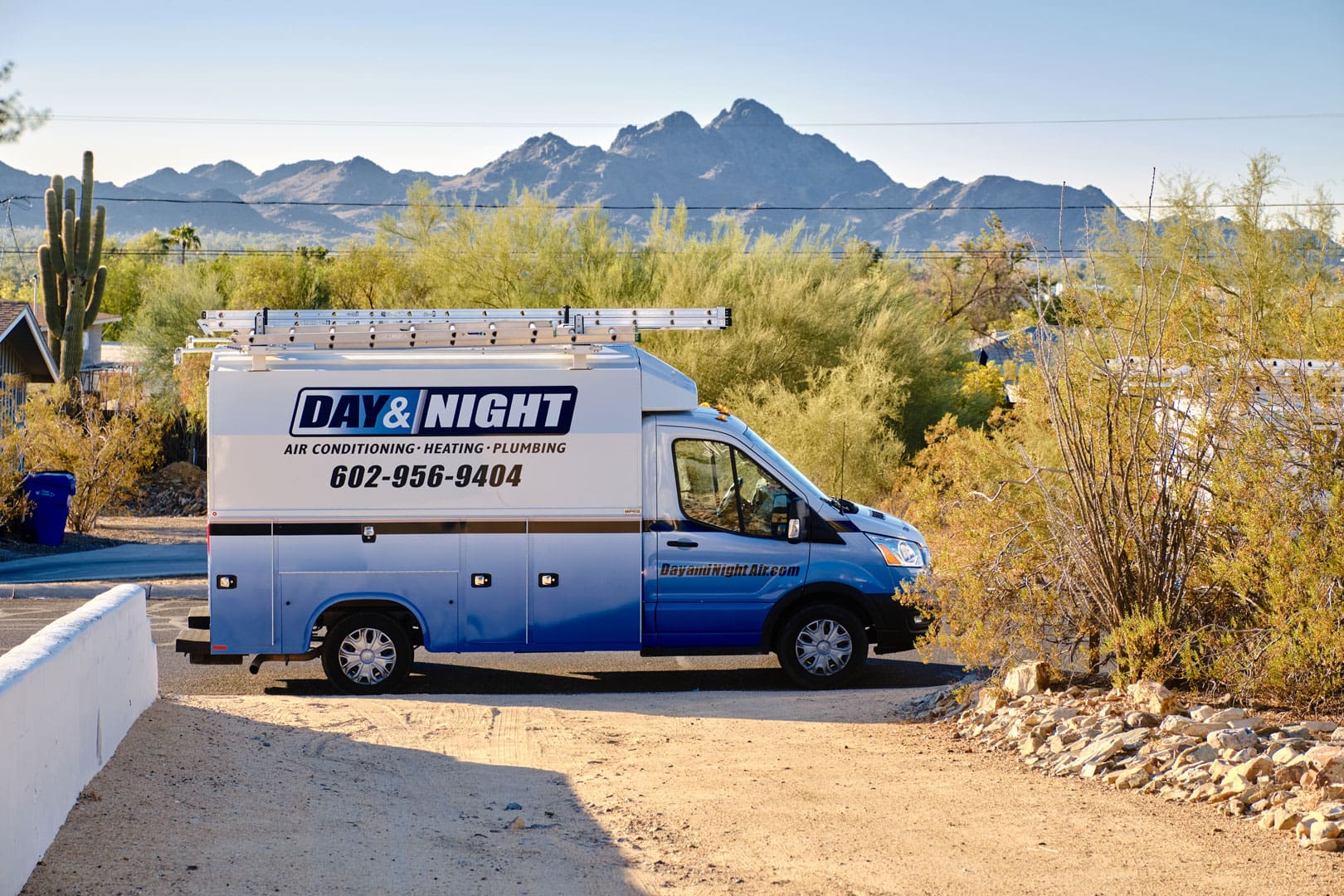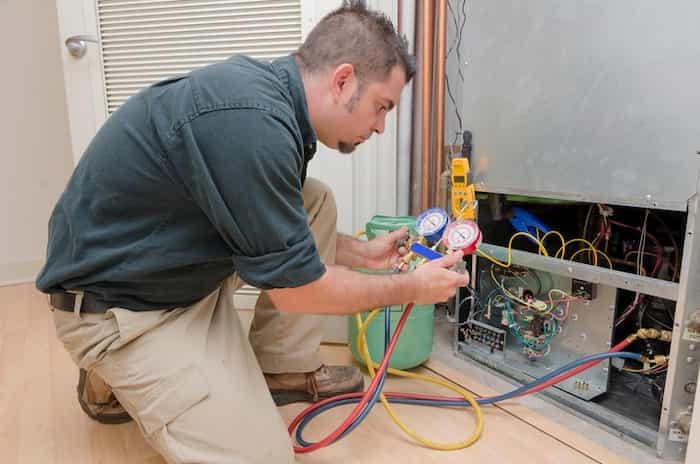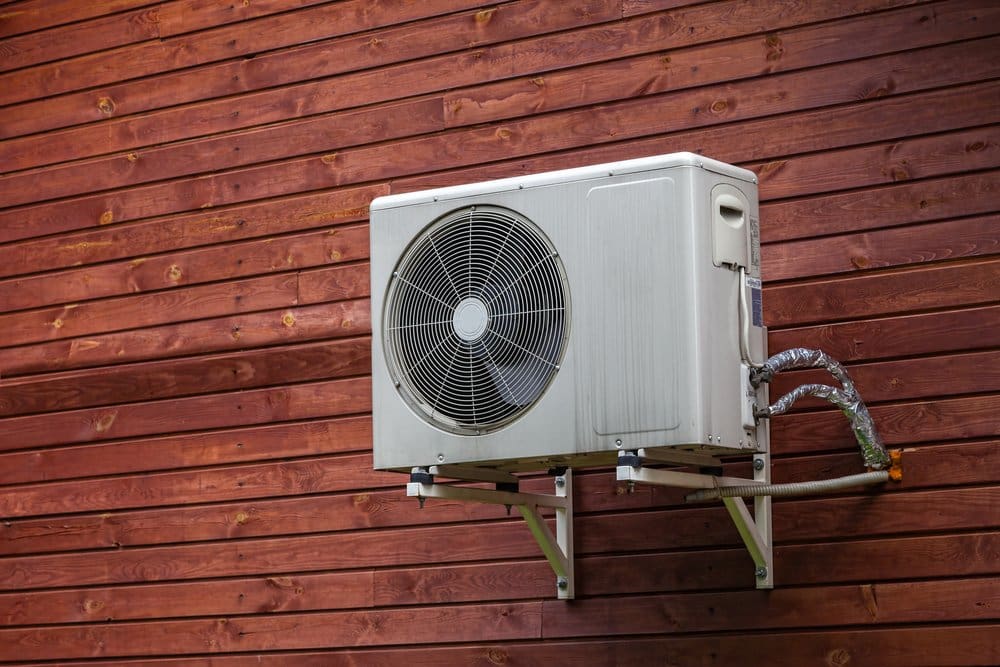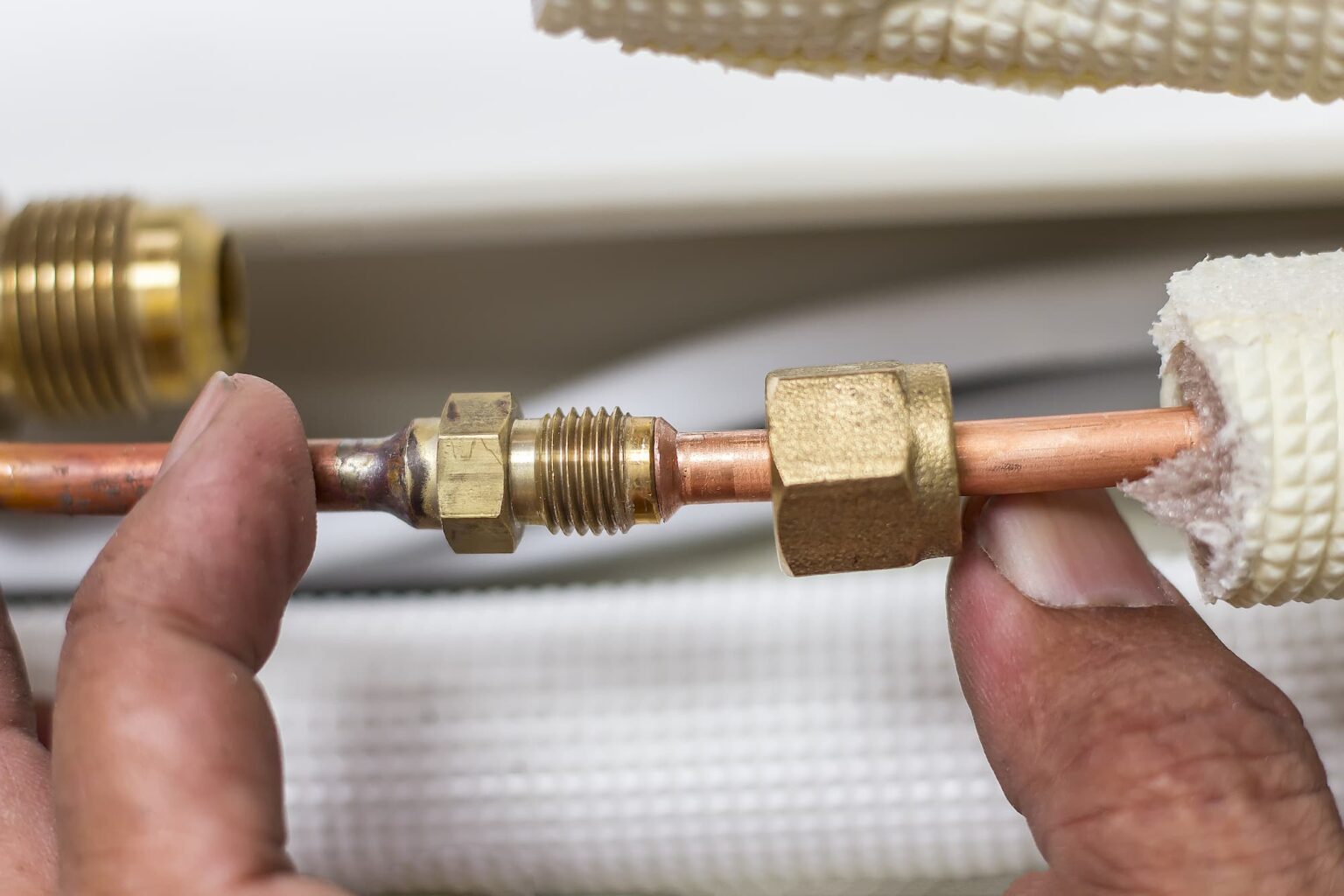 Whether it’s the air conditioner in your car or the HVAC system in your house, you’ve probably heard a thing or two about Freon.
Whether it’s the air conditioner in your car or the HVAC system in your house, you’ve probably heard a thing or two about Freon.
However, few people understand exactly how Freon works, and why it’s important that your AC system has the proper level of Freon in it to operate normally. Here is a quick review of what Freon is, how it works, and other interesting details.
What is Freon?
Freon is actually a brand name used for a type of refrigerant known as R-22. R-22 is a chlorofluorocarbon (CFC) which has found to be harmful to the environment.
As such, it is being phased out in favor of newer refrigerants that are less harmful. However, many people continue to use the name Freon to describe all forms of refrigerant, despite the fact that this is inaccurate.
Why is R-22 a Problem?
R-22 is one of a family of chemicals known as CFCs. These chemicals, when released into the air, cause damage to the ozone layer. This can happen any time an air conditioner leaks, or in the process of servicing an air conditioner. In addition, the production of R-22 Freon refrigerant also creates a number of hazardous byproducts that also deplete the ozone layer.
For this reason, the EPA has banned R-22 and is now in the process of phasing it out over time. Now it is nearly impossible to get your hands on Freon coolant if you need it because it has become exceptionally expensive. For those few systems that persist to use R-22, there is a conversion that can be made to a more modern refrigerant that is affordable, effective, and widely available.
What is Freon Used For?
Within your air conditioner are a series of coils and a compressor. When the Freon goes into the compressor it turns to a hot gas, which then flows outside where the ambient air runs across the coils and carries the heat away. As the Freon cools down, it condenses back into a very cold liquid.
That liquid then flows inside your home where a fan draws warm inside air across the cold lines. As this happens, the heat is transferred out of your inside air, and the fan blows the newly cold air out into the room. The Freon quickly warms up as it flows through the room and over to the compressor once more. This is how the heat is moved from inside to outside and transferred away. In order for this system to work, the Freon must go through cycles of heating and cooling under pressure.
How to Know if Your Unit Uses R-22
As a homeowner, it’s important to know whether or not your system still uses R-22. If your unit is more than 10 years old, it is likely that it was built for R-22. Your system should have a service panel on the exterior unit with a placard.
That placard will denote what type of refrigerant was used in the system when it was installed. However, as more HVAC contractors are performing conversions to modern refrigerants, it is not uncommon to see a note on the placard indicating that it has been switched to the new refrigerant. Usually, this note is written in a marker where it can be clearly seen to avoid any confusion in the future.
What to Do if You Suspect a Leak
If you suspect that your system has been leaking Freon, it is always best to call a certified HVAC contractor. They can help identify the source of the leak before all of the R-22 escapes. Usually, your system will stop cooling or will start kicking on and off more frequently when the refrigerant is low because it is not able to reach the desired temperature without freezing up.
If a leak has occurred, your HVAC technician can help you determine the age of your system, what needs to be repaired or replaced, and whether or not your system can be easily converted to the new refrigerant. If not, you could be looking at hundreds of dollars just to replace a couple of pounds of Freon before accounting for the cost of any repairs that need to be made.
Contact Day & Night For Expert HVAC Service
Day and Night Air has been servicing HVAC systems throughout the Phoenix area for many years. We have all the tools necessary to identify Freon leaks, and we can help you find the best path toward converting to modern refrigerants to save you money in the future. Call us today to schedule an appointment with our team.

